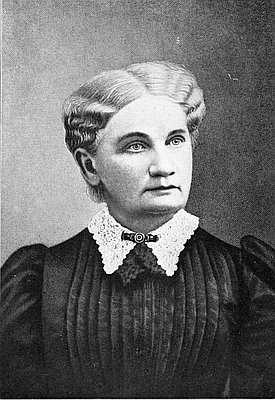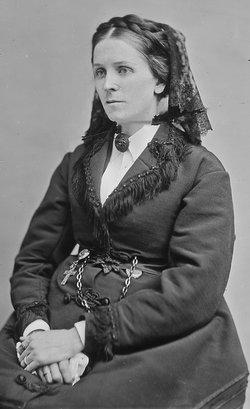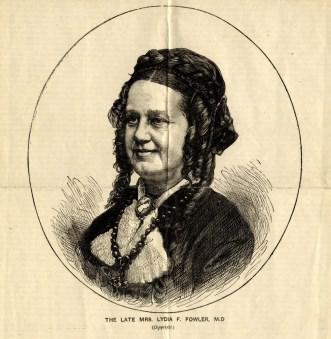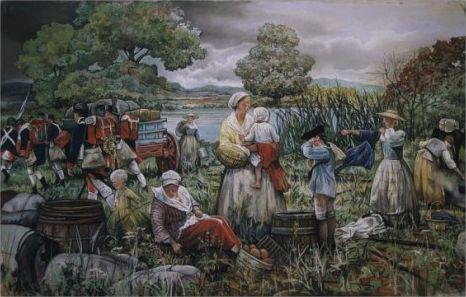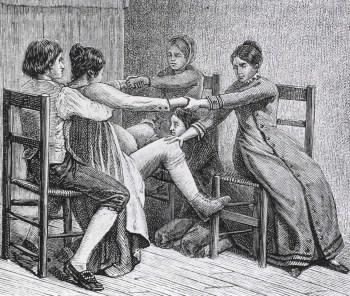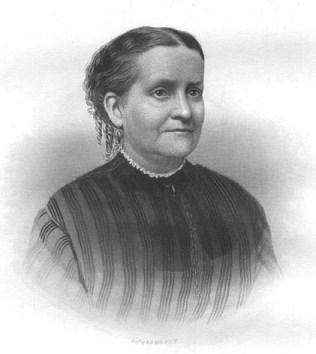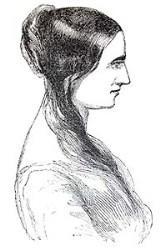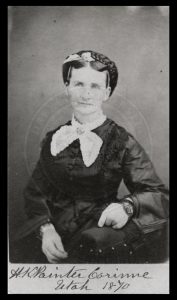Portland’s First Woman Physician An advocate for women’s rights throughout her life, she first broke through the barriers to women in medicine while she was raising a family in Illinois. Later honored as one of Oregon’s pioneer doctors, Mary Anna Cooke Thompson practiced medicine in Oregon for more than forty years. Image: Dr. Mary Anna Cooke Thompson Courtesy Joseph Gaston Portland: Its History and Builders Early Years Mary Anna Cooke was born February 14, 1825 in New York City. Her parents, Horatio and Anna Bennett Cooke, were both from England. The Cooke family moved to Chicago, Illinois when Mary was twelve.
